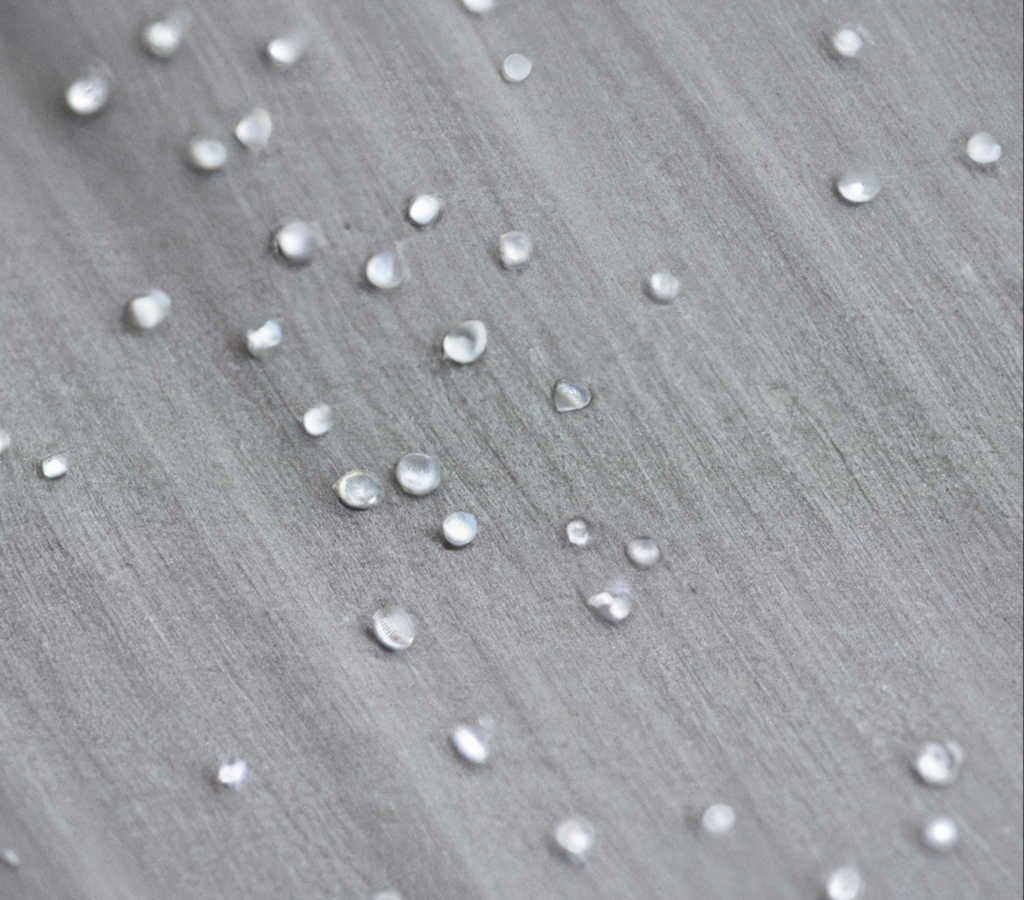Greetings, fellow adventurers and lovers of the great outdoors! Today, we’re diving deep into the world of canvas tents – a classic choice that’s been sheltering explorers for centuries. Whether you’re considering buying one or just curious about their enduring popularity, this guide has got you covered. So let’s roll up those tent flaps and dive right in!
Is Canvas Better for a Tent?
Canvas tents are made from heavy-duty cotton. They come with a myriad of benefits that differentiate them from their synthetic counterparts:
- Breathability: Canvas allows for better air circulation, ensuring you don’t wake up feeling clammy or suffocated.
- Durability: Canvas tents are notoriously robust, handling rough terrains with grace.
- Eco-friendly: Being cotton-based, they’re more biodegradable than synthetic tents.
However, they are heavier and can be pricier than synthetic tents. The right choice boils down to your camping needs and priorities.
Do Canvas Tents Hold Heat?
Absolutely! One of the standout features of canvas tents is their ability to regulate temperature. In chilly conditions, the canvas acts as an insulator, retaining heat and keeping you cozy inside. During summer, its breathable nature ensures it doesn’t trap heat, allowing for a cooler interior. So, whether you’re camping on a snowy mountain or a sunny meadow, canvas tents strike the right balance.
Do Canvas Tents Need Waterproofing?
Canvas tents usually come treated with waterproofing agents. However, over time and with wear and tear, this waterproofing might diminish. So, a periodic re-application of a waterproofing solution will ensure your tent remains impermeable to rain and morning dew. Remember, a well-maintained canvas tent is a happy and dry tent!

How Long Will Canvas Tents Last?
With proper care, a canvas tent can be your trusty shelter for many years, even decades! They are built to withstand the rigors of the great outdoors. However, their longevity also depends on factors like:
- Frequency of Use: A tent used every weekend will wear faster than one used seasonally.
- Maintenance: Regular cleaning, waterproofing, and proper storage will significantly prolong your tent’s lifespan.
How Do You Winterize a Canvas Tent?
Camping in winter can be enchanting, but it demands preparation. Here’s how to winterize your canvas tent:
- Waterproof: Ensure your tent is well waterproofed to fend off snow and freezing rain.
- Stove Jack: Many canvas tents come with an opening for a stove jack. A tent stove can keep you warm in freezing temperatures.
- Ground Insulation: Use ground covers or insulated tent footprints to prevent cold from seeping in.
- Snow Skirt: If your tent has one, it’ll prevent snow drifts from sneaking inside.
- Regularly Remove Snow: Brush off accumulated snow from your tent’s roof to prevent sagging or potential damage.
Other Tent Material Options: A Comparative Guide to Canvas

As with most camping equipment, tents aren’t one-size-fits-all. Along with our cherished canvas tents, various materials have been engineered to suit diverse camping needs. Let’s break down the common ones and see how they stack up against canvas.
| Material | Pros | Cons |
|---|---|---|
| Canvas (Cotton) |
|
|
| Nylon |
|
|
| Polyester |
|
|
| Polyethylene (PE) |
|
|
| Cuben Fiber (Dyneema Composite Fabric) |
|
|
Understanding the unique qualities of each material helps in making an informed choice. While canvas offers unrivaled charm and comfort, the newer, synthetic materials cater to backpackers who prioritize weight and quick-drying capabilities. Evaluate your camping needs, destinations, and style before picking your perfect shelter!
Canvas tents combine tradition with functionality, offering a unique camping experience. While they might not be for every camper, understanding their strengths and maintenance needs will help you decide if it’s the right fit for you. So, whether you’re a canvas veteran or a curious newbie, may your camping nights be starry and your tent always cozy!
